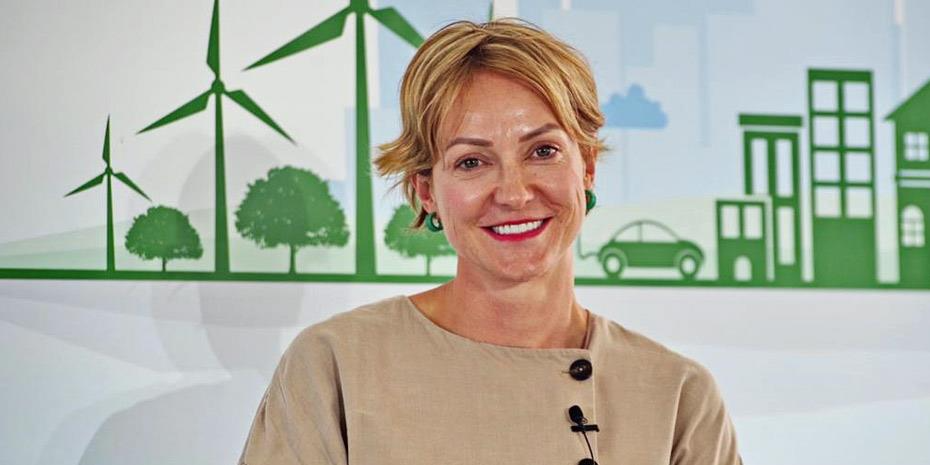
The management of the climate crisis, the energy policy, the GR-eco Islands, but also the sustainability of the islands and coastal Greece, were the focus of the second day of the "Nisyros Dialogues," held for the third year on the island by the "Georgios M. Michalos Foundation" and held under the auspices of the President of the Republic Katerina Sakellaropoulou and His Holiness Ecumenical Patriarch Bartholomew.
Following the announcement of the Prime Minister, Kyriakos Mitsotakis, for the inclusion of Nisyros in the Gr-eco islands, Mrs. Alexandra Sdoukou, Deputy Minister of Environment & Energy, said: "We have managed as a country to negotiate with the EU and secure a budget ranging from €1.8 to €3.6 billion from the Decarbonisation Fund, which will be available from 2025, to be invested through specific initiatives and interventions and to be used on each island." As he explained, key priorities are further penetration of renewable energy sources and the removal of the energy isolation of the islands with undersea electrical interconnections with mainland Greece, while with dams we can better exploit water resources. He added that the actions require the participation and consensus of local authorities and local communities.
As Ms. Sdoukou said, since 2019, led by Kyriakos Mitsotakis, we have set milestones for where we want to go in this energy transition with specific measures and policies in order to achieve tangible policies. As he stressed, as a result, Greece has made remarkable progress on green transition issues, as in the last five years it has reduced its dependence on the use of fossil fuels for electricity generation from 80% to 5%, with a significant penetration of renewable energy sources.
He analysed the "green" projects underway on the Greek islands, such as those on Poros, Tilos, and Halki. Through cooperation, such projects can be fully feasible, as the resources are secured and the state can play the role of accelerator for such projects.






